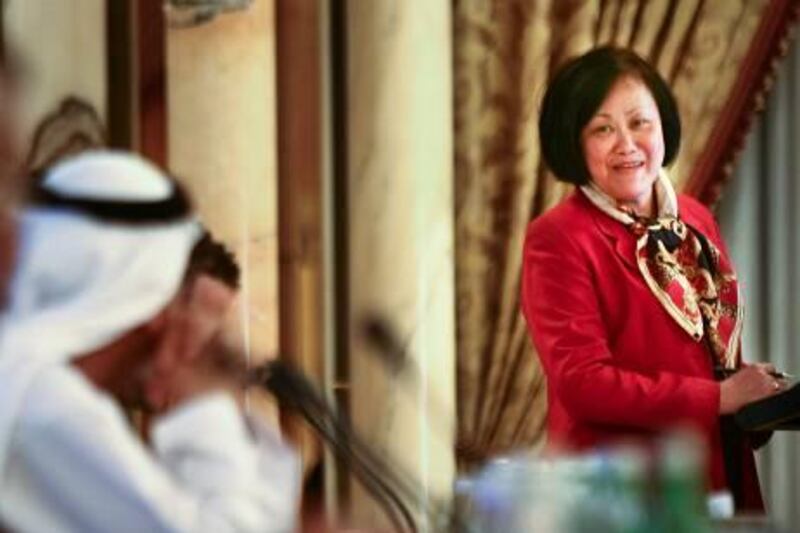ABU DHABI // The United Nations launched a regional programme yesterday to help countries better cope with Iraqi refugees as it released a report highlighting serious health concerns among the people who fled their homeland.
The regional plan creates a framework for how countries neighbouring Iraq can support the displaced refugees. These countries include the UAE and other GCC nations, Iran, Syria, Jordan, Lebanon, Turkey and Egypt.
The UN High Commissioner for Refugees (UNHCR) said US$280 million (Dh1 billion) was needed this year to cater to some 194,000 registered Iraqi refugees, a number that the UN acknowledged was far fewer than the total number of refugees in the region.
"Although the number of registered refugees has decreased when compared to previous years, there is greater vulnerability among the remaining Iraqi refugees," said Janet Lim, the assistant high commissioner for refugees at the UNHCR.
Nearly a third of the refugees were considered especially vulnerable, Ms Lim said, with many being female heads of household, or in critical health.
The plan hinges on co-ordinating international efforts to cater to the needs of Iraqi refugees fleeing the violence.
It focuses on fund-raising and promoting co-operation between countries that are hosting the Iraqi refugees, as well as donor countries and humanitarian agencies.
The project's main pillars are to ensure that Iraqi refugees can seek asylum in neighbouring countries, to meet the basic needs of refugees and to seek their resettlement. It also includes programmes to support the education and health systems of the countries hosting the refugees.
There are 422 registered Iraqi refugees in the UAE.
In a report accompanying the launch, the UNHCR highlighted grave health and nutrition concerns among the refugees.
"Needs are growing and vulnerabilities heightened," the report said. "The Iraqi refugee population shows disproportionate numbers of chronic and grave diseases".
Many refugees "compromise both the quantity and quality of their nutrition as a financial coping mechanism", and many children are dropping out of school to support their families, the report said.
Political instability and continuing violence are fuelling a desire for Iraqis to continue leaving their country, the report added.







